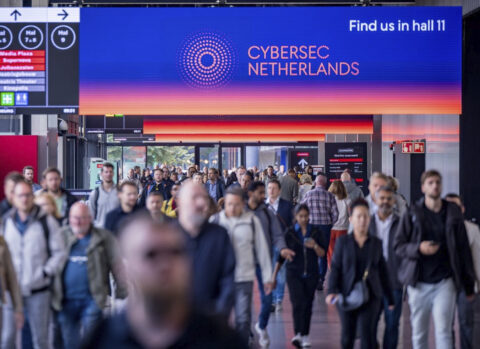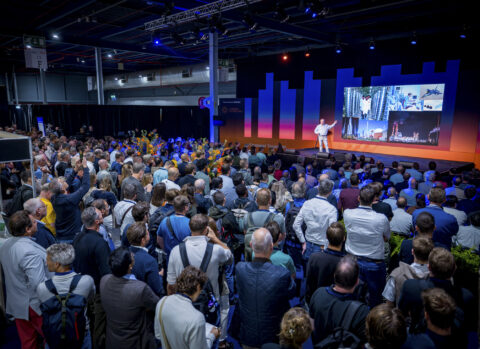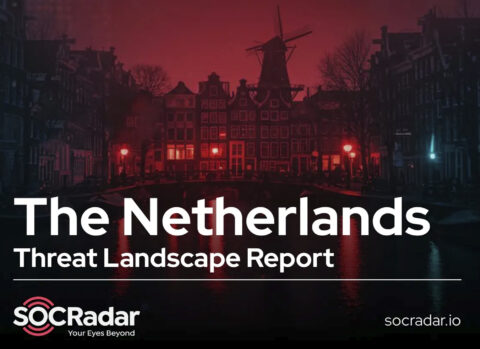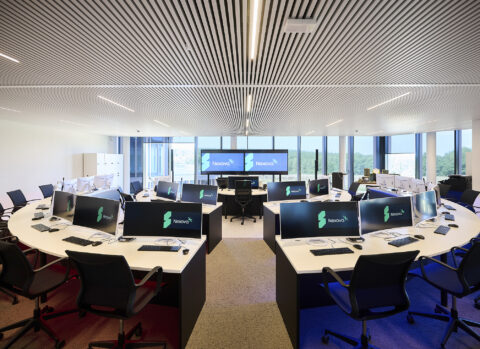The power of American tech giants: it’s time for European alternatives
Almost everyone uses American tech products, services and apps on a daily basis. From social media to search engines and from cloud storage to communication platforms, chances are you use an American provider. Think of Google, Facebook, Microsoft, Apple and Amazon. But what does this dependence actually mean? And what can you do if the political climate makes you want to use fewer American tech products?
Government services and American cloud services
It’s not only consumers who rely heavily on American services and apps. The same applies to businesses and even government services. They often depend on American cloud services, among other things.
During a recent parliamentary debate on digital sovereignty in The Netherlands, it became clear that parties across the political spectrum are concerned about this dependence on American tech companies. Members of parliament asked critical questions about the use of Microsoft products within the government, sending emails via American cloud services, and the need to explore alternatives. GroenLinks-PvdA MPs have already asked questions about the risks to Dutch and European autonomy and security. They are pushing for research into available European cloud and technology alternatives for government services.
The Netherlands Court of Audit recently investigated this matter and came to a clear conclusion. The government has ‘started working in the cloud without thinking things through and is not giving sufficient consideration to the risks’. According to the Court of Audit, the required risk assessments have not been made for two-thirds of the most important cloud services. This is problematic, because consumers and organizations can run into trouble if cloud services go bankrupt or their services are disrupted.
An important proposal that emerged from the debate was the creation of a sovereign Rijkscloud, a government-wide cloud environment that is not dependent on American vendors. State Secretary Zsolt Szabó (Kingdom Relations and Digitalization) has promised to investigate the feasibility of such a Rijkscloud and to set aside funds for this purpose. This would be an important step towards keeping government data within Europe and gaining more control over digital infrastructure.
Szabó recently acknowledged in an interview with RTL Z that it is necessary to come up with a joint approach for ‘cloud, autonomy and resilience’. He recognizes the picture painted by the Court of Audit.
The Netherlands Bureau for Economic Policy Analysis (CPB) also concludes that The Netherlands is becoming increasingly dependent on American cloud services, with no European or Dutch alternatives available. They too warn that this could lead to vulnerabilities if these services are discontinued.
‘Europe is dependent on the US for technologies such as cloud computing, quantum computing and artificial intelligence,’ according to the CPB, which further notes that Europe has missed the boat in areas such as cloud computing. ‘The global cloud market is dominated by American giants, with no European or Dutch alternatives.’
The risks of dependence
The dominance of American tech companies poses various risks:
- Privacy and data storage – American companies are subject to the CLOUD Act and may be required to share data about European users with the American government, even if that data is stored in Europe. European legislation such as the GDPR (AVG) attempts to protect users, but is not always strictly adhered to by American tech companies.
- Market disruption and monopoly – Many of these companies are so powerful that smaller competitors have little chance of growing. In addition, American tech giants have enormous financial and technological advantages, making it more difficult for European start-ups and companies to compete.
- Economic dependence – Widespread use of American services means that a large part of the revenue and innovation flows to the US instead of to European companies. This causes the European tech sector to lag behind.
- Influence on information provision and censorship – American platforms such as Facebook, X (Twitter) and Google largely determine what information is visible in Europe, which can have consequences for democratic processes and the spread of disinformation. European governments have little influence on these companies’ decisions regarding moderation and algorithms.
- Cybersecurity risks – Much of Europe’s vital digital infrastructure depends on American companies, which poses a risk if those systems are attacked or blocked. European countries have less control over how American companies deal with data leaks and updates.
European alternatives
The good news is that there are now many European alternatives available for services and apps used by consumers and businesses. Although switching may take some getting used to, it can be a conscious choice to retain more control over your data and to support European innovation. Here are a few examples:

This website provides a comprehensive overview of European alternatives to popular American services: European alternatives for popular services | European Alternatives
“Europe’s digital independence is essential for both our economy and security. It is time for a strategy that not only makes us less dependent on American tech giants, but also gives us the space to create our own innovations and maintain control over our data. We have everything we need: knowledge, infrastructure, and a strong economic foundation. The choice to opt for European tech is not only a strategic one, but a necessary step towards a self-aware and resilient digital future.”
– Dave Maasland, CEO at ESET in The Netherlands
Make an informed decision
The Dutch podcast Het Digitale Front discussed how switching to European alternatives is not always easy. Professor Felienne Hermans of VU University Amsterdam compared it to going on a diet. ‘Giving up meat is not easy either. But it is possible.’
Listen to the full episode here: https://open.spotify.com/episode/2KufrPQ6vdEhviVzYi8epA?si=l3ZAU8nQT8OrgqJwdt5TIA
The same applies to digital services. Switching to lesser-known alternatives may feel like withdrawal, but it is possible. The key lies in awareness and gradual change.
Ultimately, it is up to the user to make the choice. Do we continue to blindly trust American services, or do we give European alternatives a chance? The issue is not black and white, but consciously dealing with digital dependence is definitely a step in the right direction.
Register for free for Cybersec Netherlands 2025
As cyber attacks continue to threaten today’s tech landscape, this event is the premier platform for seasoned cyber security professionals and innovative start-ups to exchange knowledge and tackle cybersecurity challenges together. Organizations across all sectors will discover strategies to boost cyber resilience and safeguard critical assets. Don’t miss this chance to strengthen your cyber defenses—register for free now!












